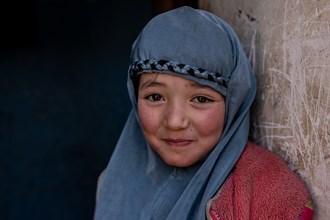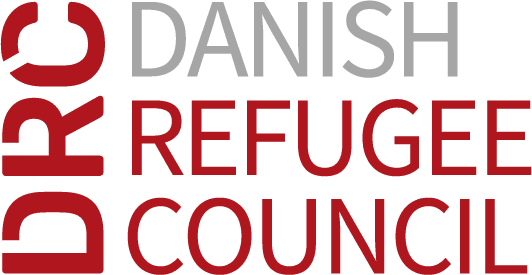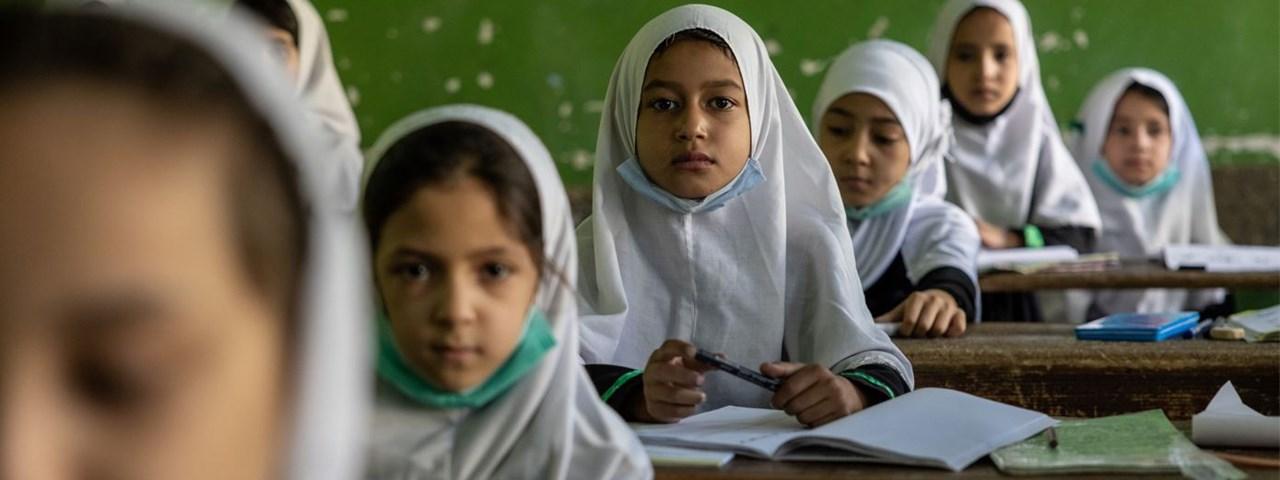
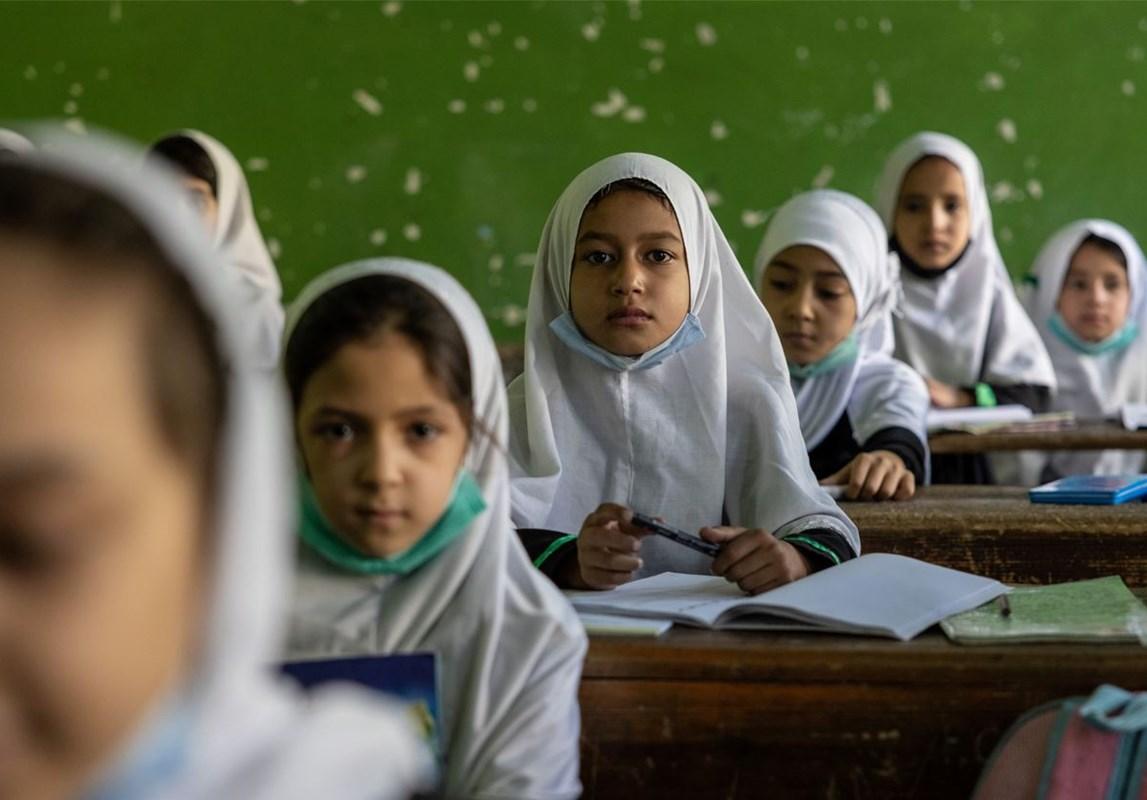
Diaspora emergency response to the Afghanistan crisis
Afghanistan is currently experiencing a severe humanitarian crisis, with nearly 22.9 million people in urgent need of assistance. Decades of challenges, including economic struggles and climate-related shocks, have led to widespread poverty, food insecurity, and limited access to essential services. Natural disasters have worsened the situation, and vulnerable groups such as women and children are particularly affected.
The Afghan Diaspora: An Essential Lifeline
Afghanistan has been one of the largest refugee-producing countries in the world due to multiple waves of displacement over the past four decades. Around 6 million Afghans now live outside of their country, 45% of whom are women. Despite this, the Afghan diaspora is diverse and has long supported their families and communities in various capacities. Following the Taliban takeover, the diaspora quickly mobilized, scaling up humanitarian assistance to meet the urgent needs of those affected. However, new regulations and restrictions have made it more challenging for civil society organizations to engage on the ground.
DEMAC's Support to the Afghan Diaspora Community
In 2025, DEMAC is scaling up its efforts by integrating the Afghan Diaspora Engagement (ADE) project from Danish Refugee Council (DRC)'s Diaspora Programme, reinforcing collaboration and advocacy. ADE empowers the Afghan diaspora by strengthening their voice, agency, and capacity to support communities affected by conflict. Since 2018, ADE has mapped diaspora engagement, identified key needs, and fostered collaboration with local actors in Afghanistan. It organizes events on peacebuilding, advocacy, and policy influence while supporting Afghan women’s leadership. Through research and policy recommendations, ADE enhances humanitarian coordination and amplifies diaspora-led efforts.
What is this page about?
Below you will find a variety of resources, including contact details for Afghan diaspora network worldwide. DEMAC believes diasporas should be regarded as key transnational actors in humanitarian response and development. We wish to support Afghan diaspora organizations in coordinating their efforts both within the diaspora and with institutional humanitarian actors.
Diaspora Organizations' Areas of Intervention

Health

Food Security

Education
Related Articles
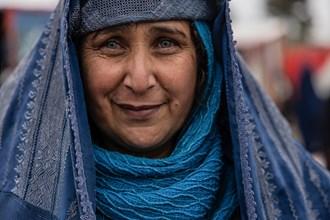
Afghan women-led diaspora engagement in 2022
A gendered perspective on diaspora humanitarian response in Afghanistan 2022

Join “One Pound a Month” Rahela Trust campaign and help send a young Afghan woman to university.
It has been proven time and time again that when you educate and empower women, their countries prosper. Now, more than ever, it is important to stand together and show that we will not allow the basic right of education to be denied to our children in Afghanistan. Our ambition at the Rahela Trust is not only to provide young women with a college education but also to mentor and support them and to create a network of active, ambitious, and professional women in Afghanistan that engage in the social, economic, and political life of the country. With as little as one pound per month, you can help talented but disadvantaged women in Afghanistan complete their university degrees and achieve their dreams. The Rahela Trust is run by a group of committed, professional volunteers, which means that your donations will benefit Afghan women directly. The yearly scholarship package for one student includes: University fees (£650) Mentoring & Leadership Development (£500) Food & Transport (£250) Studying Material (£150) Laptop & Phone (£115) Health Care (£35) Administration (£50) This means that in total, the cost of sending a student to their first year of university costs £1,750 Photo Credits: © Rahela Trust

Diaspora Humanitarian Training Course
Are you new in the humanitarian sector or do you want to improve your humanitarian knowledge in an easy and accessible way? And are you engaged with a diaspora organization? Then this course is just for you! DEMAC has designed this course in cooperation with the Humanitarian Leadership Academy for diaspora responders as well as project managers, managers, volunteers, local responders and anyone wanting entry level insight into the humanitarian sector. Find it in on KAYA Connect How will you benefit from the training? This course has been made in response to frustrations, questions and development assistance requests from diaspora organizations and their local partners. The training will provide you with Simple breakdown of the humanitarian principles Responses to the challenges diaspora face following humanitarian principles Increased knowledge in advocacy tools Steps to contribute to policy development What donors are looking for when funding projects Information for effective fundraising Recording the work you do to become a tool for partnerships and funding Monitoring and evaluation skills that apply to your project It will therefore cover all relevant areas of humanitarian response, such as The Humanitarian Principles, Needs Assessments, Safety & Security, Accountability & Transparency, Organizational Development, Advocacy and Policy, Project Development, Bid Writing, Reporting, Monitoring and Evaluation, Risk Management and Corruption. How long does the training take? The course is made up of three modules which will take 125 minutes in total (extra time may be taken to complete activities in a supporting workbook). What does it cost? Good news: This course is free and you even will be able to download a certificate once you have completed all modules. In which language is the course available? In English and Arabic Photo Credit: Annie Spratt on unsplash.com
